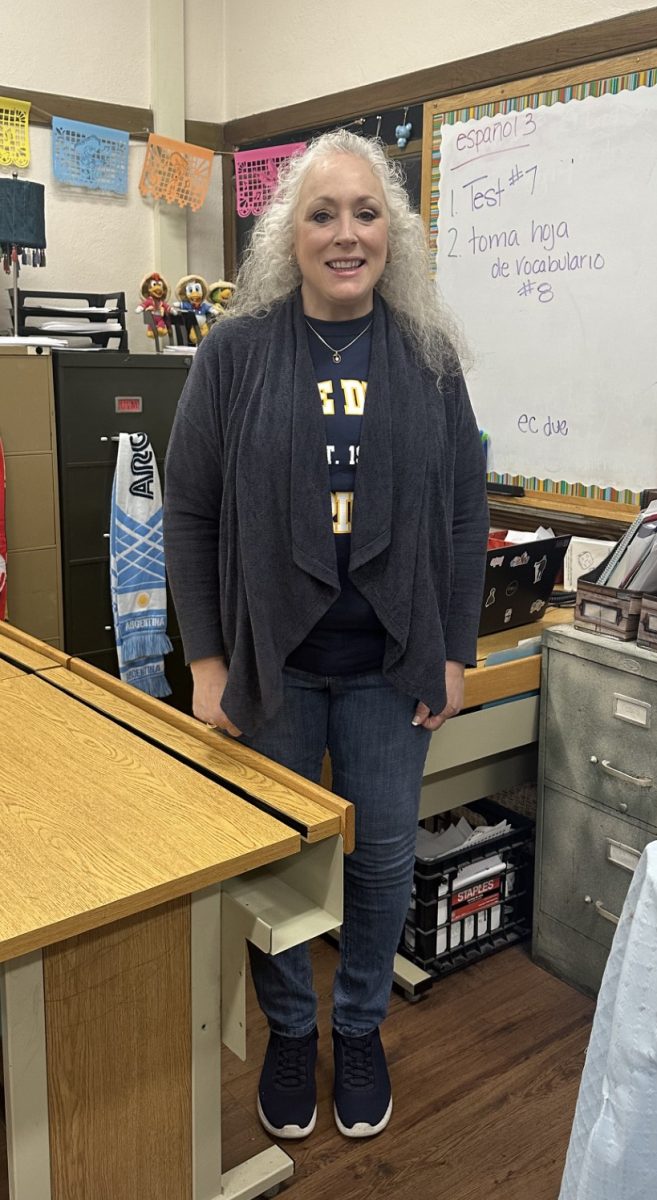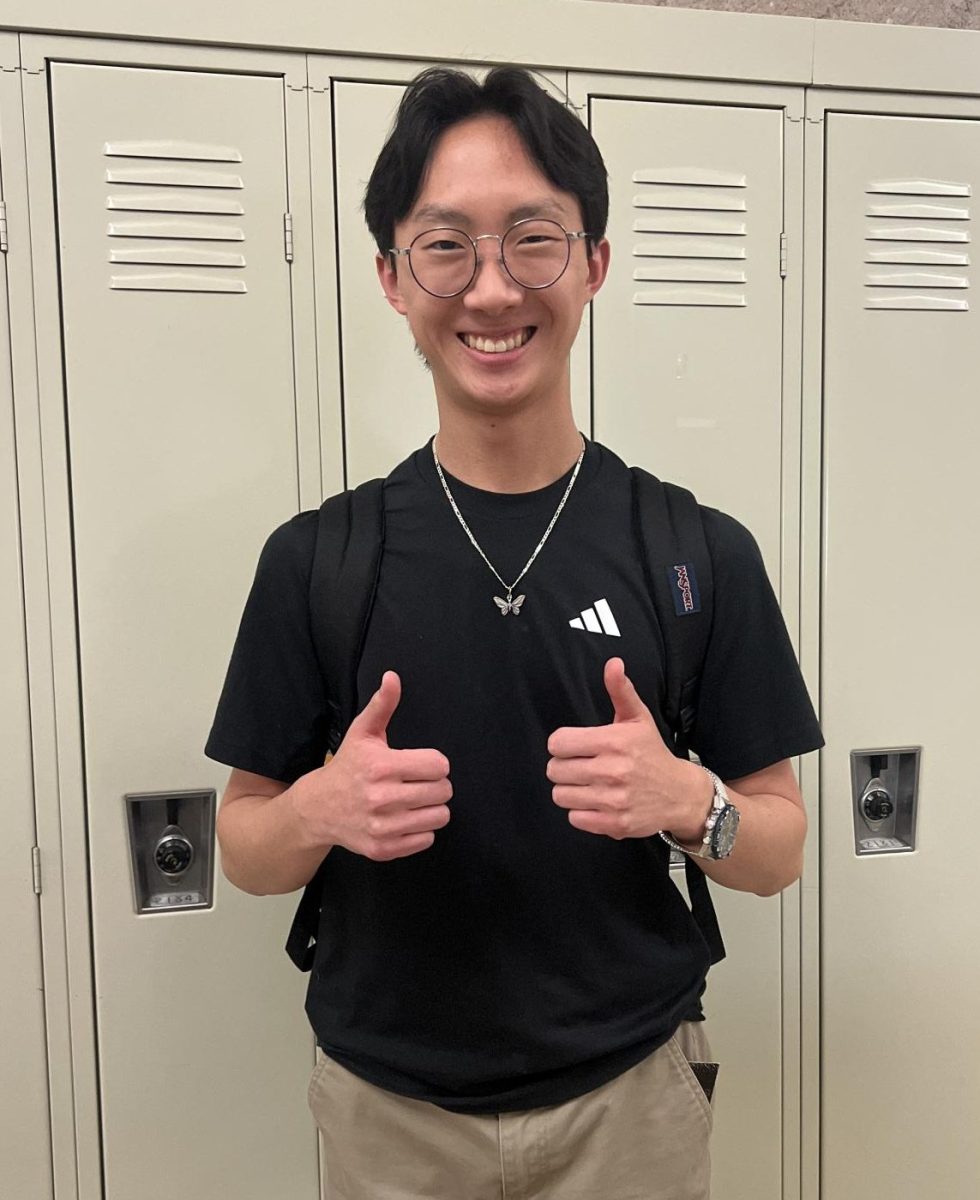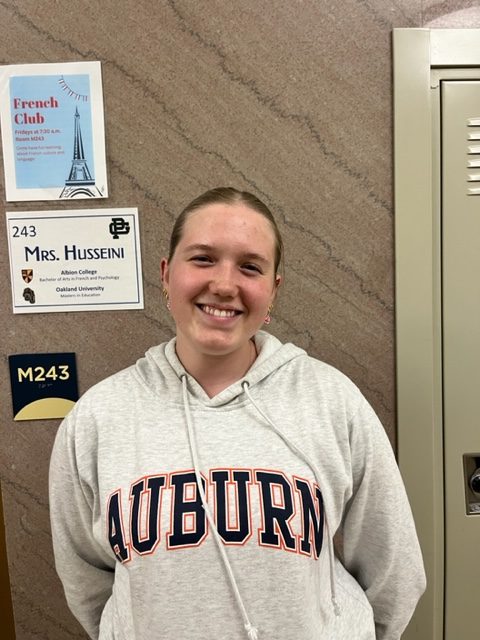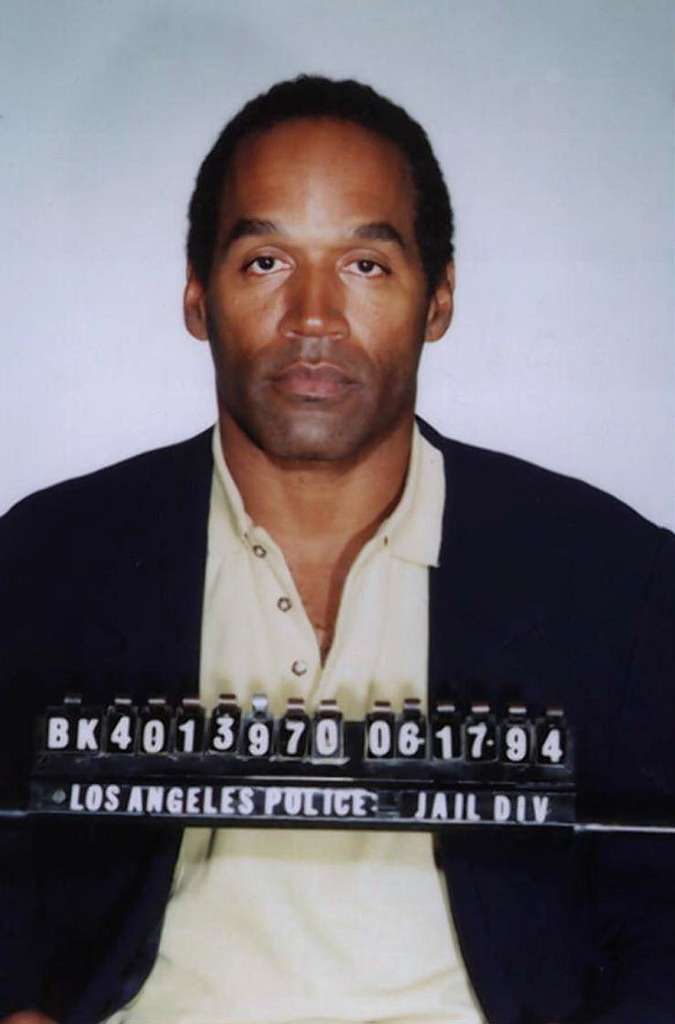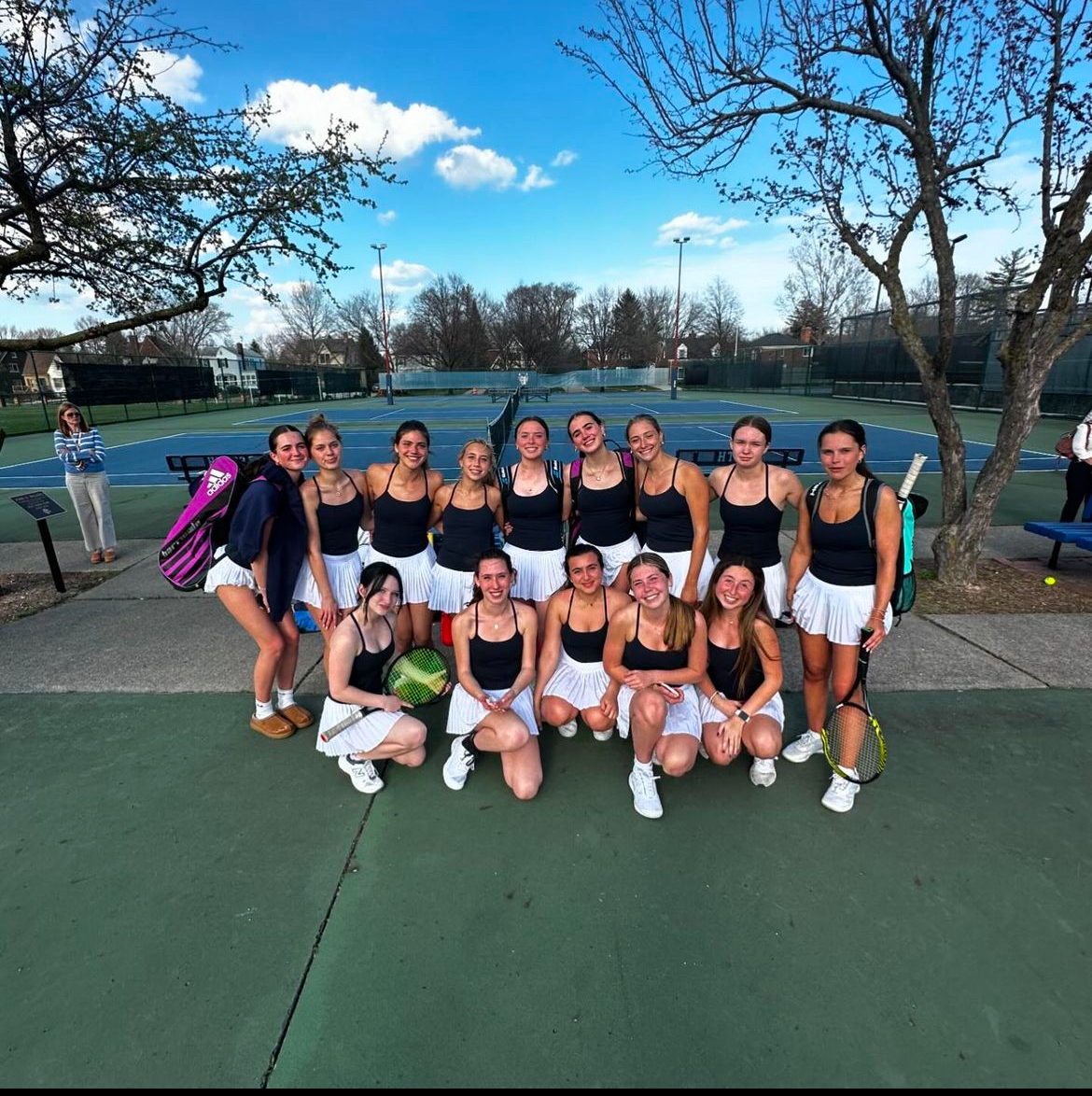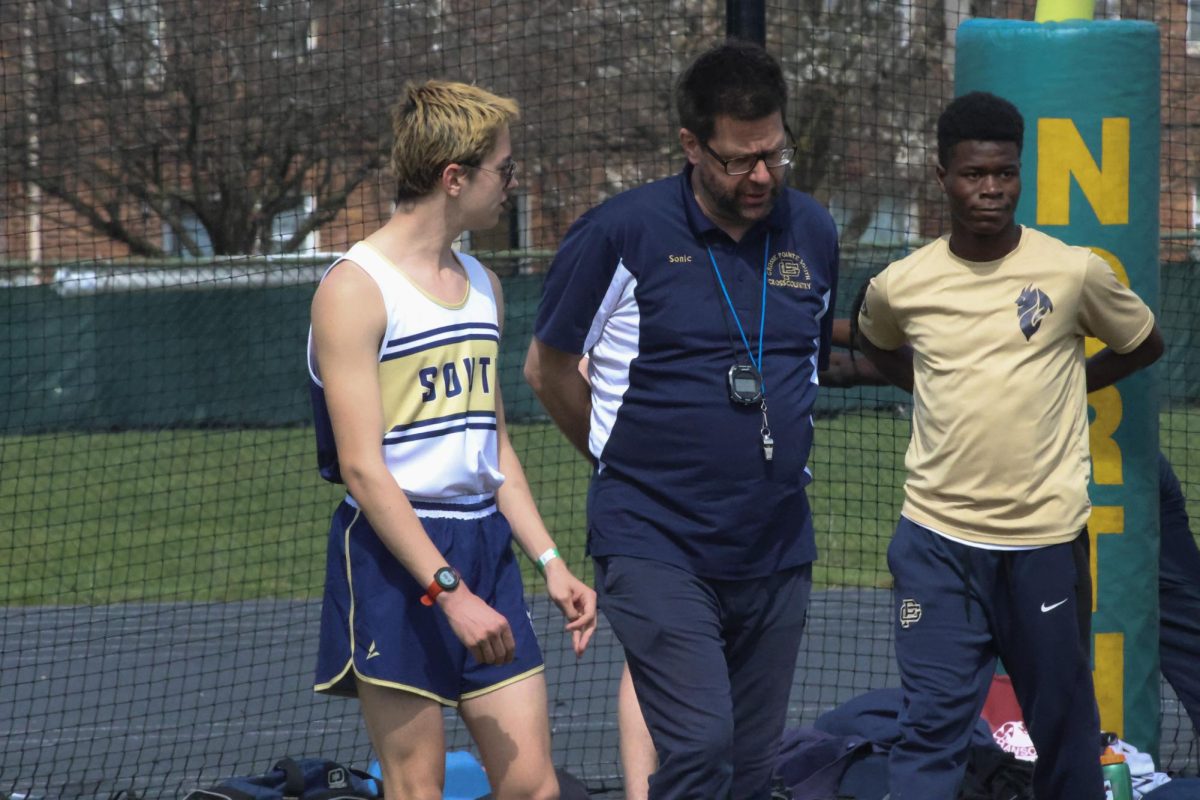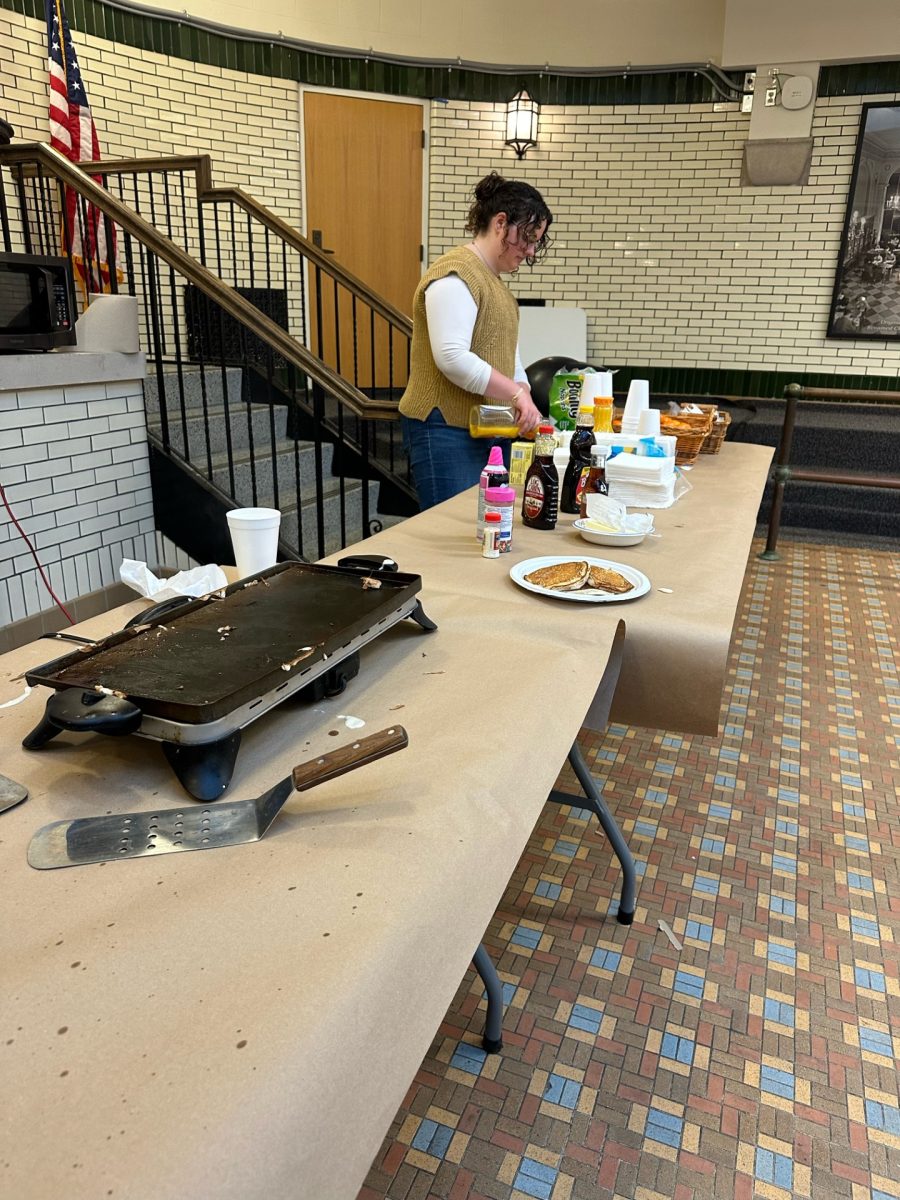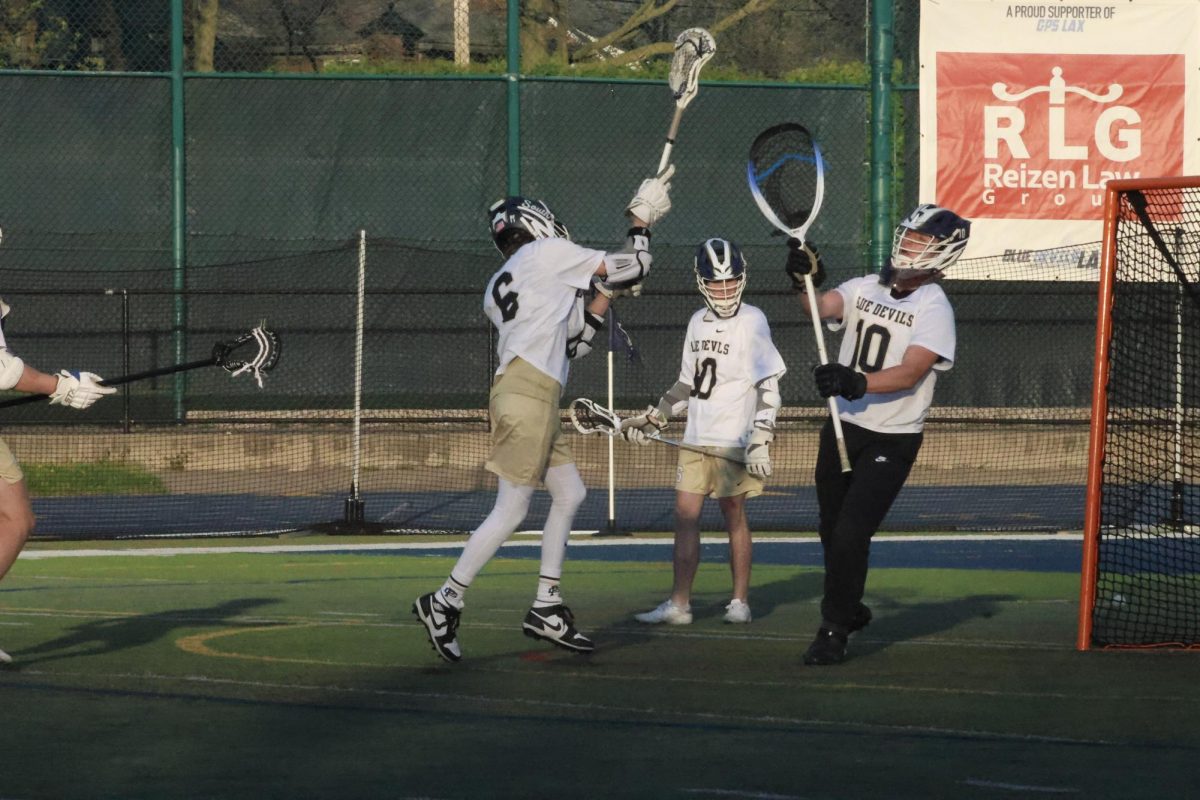Marissa Day ’14 | Managing Editor
Following an opt-in student assembly about civil leadership on Wednesday, April 24, former senator and presidential candidate Rick Santorum was available to the community after school from 3:30 to 4:30 p.m. This Q&A session was open to Grosse Pointe community members giving them an opportunity to directly ask Santorum questions.
Some of Santorum’s main points of the session were about trusting the government and the future of today’s youth, such as encouraging them to take responsibility and step up into leadership positions.
He also discussed how today’s political decisions could have major ramifications for future generations.
“Understand the decisions we’re making, the fundamental decisions we’re making politically, culturally, morally, will have consequences for the future of this country,” he said. “And what I felt compelled to do was go out there and at least talk about it.”
One of the biggest problems with the nation, according to Santorum, is that people aren’t recognizing the average, everyday citizen. The majority of people aren’t necessarily leaders and leaders depend on the people working for them to achieve success, he said.
Santorum said he has noticed a growing divide between the wealthy and the common man. Criticizing the established Republican party, Santorum said that it sent the message: “We are the party of owners, not workers.”
What Santorum reiterated to the community was that no matter what age people are, they need to start taking responsibility for the country and its people and close the growing gap between the wealthy and the poor.
“If we are going to be successful as a movement to re-instill American values in this country then we have to understand what that means and what it means is we have to do things,” said Santorum. “If we want government to get smaller, than we have to get bigger. That means we have to take more responsibility, yes, for Detroit, yes for those neighborhoods, yes for those people that have been left behind. That’s where civil society becomes a big part of America.”
One question brought up to Santorum was how to deal with Detroit and help it grow now during a time where its population is quickly dwindling. Santorum said that in many communities, not just Detroit, the greatest issue is the divide between people of different economic standings which blocks progression, even if people live in the same city.
“The way we’ve developed, it has created a separation. We don’t live together anymore and we can look at Detroit and say ‘them,’ (but) there certainly is no easy answer to this,” said Santorum. “What I challenged to young people today is (to) look at those who are being left behind, and the question is what are we going to do to address that issue?”
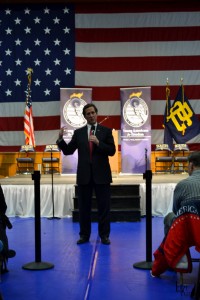
For people like community member Jennifer Sales, Santorum presented himself as a non-confrontational person. Sales appreciated Santorum’s handling of the assembly with grace and was pleased with the points he made.
“I thought he was wonderful,” said Sales. ” I think it was great that the community came; he didn’t come to change views.”
However, for Lennette Williams, Santorum’s speech was a letdown. She had hoped for Santorum to speak out about issues that currently affect people, such as voting rights, and was disappointed that he ignored these points.
Williams’ biggest issue with the former senator was that she felt he gave the same generic speech as other political leaders did, no matter what their political affiliations. She had hoped for answers to peoples’ questions, but found that he never fully disclosed what he would do to help the country move forward.
“He did the same (thing) as everybody else, he didn’t get down to the nitty gritty,” said Williams. “You have to walk the walk, you have to talk the talk, and I live it every day.”
Still, for Patrick Fabian, while some issues need addressing, both parties rely on each other to pass monumental pieces of legislation, such as the Civil Rights Act during the 1960s.
“The Civil Rights Act of the 1960s would not have passed without Republican support and Republican leadership,” said Fabian. “I think it’s fitting that 45 years after Dr. Martin Luther King Jr.’s visit here to Grosse Pointe South that a wide variety of views are able to be brought to forum including that of conservatism.”



